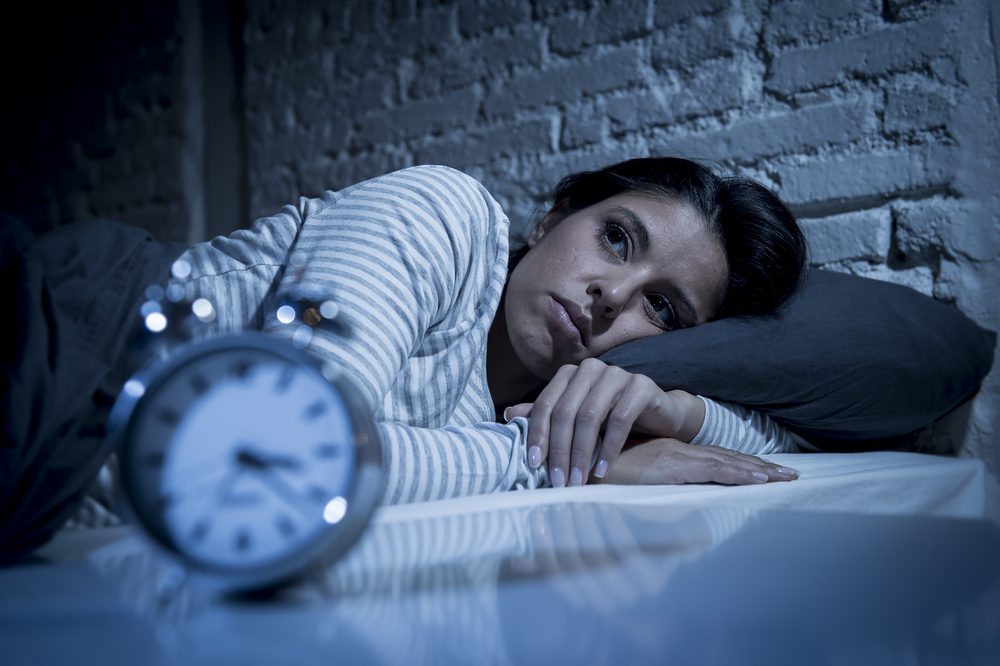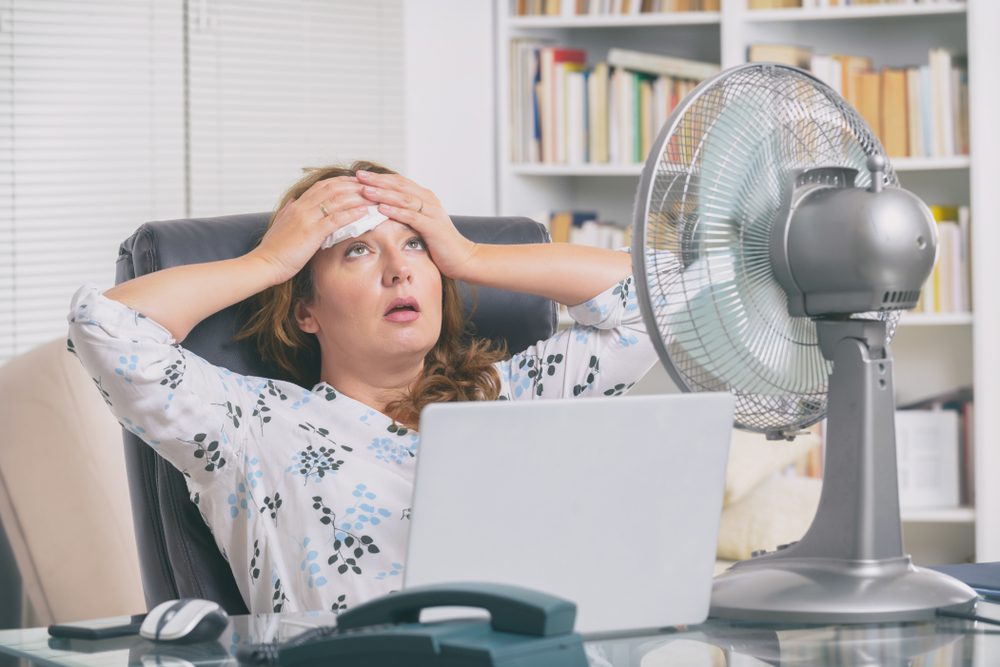Unhealthy Gut?
Do you know what the gut represents? It’s another name for the gastrointestinal tract, so the gut consists of all the organs that have an essential role in digestion.
Inside our gut, there are tons of microorganisms, such as bacteria, fungi, yeast, parasites, and viruses that live in our bodies. This is what we call THE MICROBIOME.
Most of our microbiome can be found in the colon, and it weighs a total of 2-3 pounds (and trust me, unlike belly fat, you don’t want to lose that kind of weight).
Our gut microbiome has a mix of good and bad bacteria, which is helpful in many aspects: it protects our bodies from dangerous bacteria, aids in digestion, creates vitamins and minerals, regulates metabolism.
It’s totally understandable why we need our gut health, as it impacts us on many levels. Let’s talk about 12 signs and symptoms that your gut health might need improvement:
You’re always constipated
According to Keri Gans, MS, RDN, CDN, and the author of “The Small Change Diet”, you might have a diet that’s very low in fiber, and that’s why you struggle with constipation and bloating.
If you want to improve it, you should try to gradually increase one intake of high fiber foods, like fruits, veggies, whole grains, and even legumes.
And, the most important thing, don’t forget to drink WATER. Why do we recommend a gradual increase? Because some folks are prone to bloating, as their bodies need to adjust to higher fiber intake. Also, having some daily activity to help your body move a little will really be helpful.

You suffer from chronic GI discomfort
Chronic GI discomfort covers abdominal pain, bloating, gas, diarrhea, constipation, heartburn, and nausea. All these symptoms might lead to compromised gut health.
Studies show that there’s an estimated 10-20% of American citizens who suffer from one form or another of chronic GI discomfort. According to Glazer, this is not uncommon, but neither normal.
Usually, the most common GI irritants are our favorites as well: high levels of fats, fried foods, caffeine, alcohol, carbonation, gum, dairy, gluten, and some artificial sweeteners.
If you want to get to know your body and learn which foods harm your body, try cutting them out to see which one’s absence makes you feel better.
You bloat up and get very gassy immediately after eating certain foods
This might be the first sign that you have an intolerance, according to Mike Gorski, RD, registered dietitian, and owner of MG FitLife. If you noticed that there are certain foods you eat that each and every time make you gassy and bloated, you’re the one that can turn this into a good thing.
Your body will always tell you more than you think. All you have to do is to listen to it and LEARN. There are tons of people who ignore these signs that come from their own bodies and end up harming themselves even more.
If you know what the common denominator in all of your meals is, try cutting it out for two weeks. Some of the most common are gluten, dairy, and soy.

You have trouble sleeping
Sometimes, our gut health might interfere with our sleeping schedule. If you’re not getting enough sleep, and you wake up feeling unrefreshed, or even struggle with insomnia, it can lead you directly to your gut, as David Gozal explained, MD, sleep medicine physician at the University of Missouri School of Medicine.
If you want to improve it, and we guess you do, try adding more fiber to your diet. It might help improve your sleeping hours if you consume more foods that are rich in probiotics, get daily walks, avoid alcohol, and also fatty or sugary foods. Try these for a couple of weeks and see how you feel.
You suffer from chronic diarrhea, fatigue, and headache
Sometimes, this is actually a sign of “leaky gut”. In an unhealthy gut lining, there are gaps between the cells that allow partially digested food, toxins, and even bugs to penetrate into the tissues that are found beneath it.
This triggers inflammation and modifies the gut bacteria. This way, an increased intestinal permeability makes room for gastrointestinal conditions like celiac disease, Crohn’s disease, and irritable bowel syndrome.
Try removing those foods that might be inflammatory and change your gut bacteria, like alcohol, overly processed foods, some pills, and foods that cause you allergies or sensitivities. Instead, replace them with nutritious, unprocessed foods that will rebuild your gut flora.

You’re tired and sluggish all the time
The gut is directly linked to our brain, and the good functioning of our microbiome is extremely important for our mental health and the way we’re able to deal with stress.
You probably know this already, but foods have the ability to affect how we feel, which can later manifest into our moods. While mood disorders aren’t necessarily regulated by gut health, they might be a factor.
If you’re feeling a bit depressed lately, or you suffer from anxiety, try getting enough sleep and drink more water. You might try tuning into your diet and lifestyle to see where the problem is.
You recently finished taking your antibiotics
It is well known that antibiotics can alter our gut microbiome and put us at risk for nutrient deficiencies. That’s why, oftentimes, when you’re being prescribed a certain medication, your doctor also recommends you take some probiotics.
The thing is, when you suffer from a bacterial infection and you get a prescription for antibiotics, those antibiotics aren’t specific enough to target only the bad bacteria, so in its way, it might affect the good bacteria as well.
That’s why the answer is probiotics! Probiotics are live microorganisms that can be found in fermented foods and are GREAT at providing more good bacteria for your gut.
If you can, try getting those probiotics through foods, because fermented foods are always better when it comes to bacterial diversity.

You have constant heartburn after eating some foods
Keep in mind that your stomach and esophagus are also a part of your digestive tract, so you may be creating a bit too much of an acidic environment, according to Gorski.
You might be eating too fast, which is totally understandable, as we all do. But next time, try to take your time in between bites, chew your food, enjoy it!
Some foods might be at fault for causing acid reflux, and as you’ve probably guessed, I’m about to list some of your favorite foods: coffee, chocolate, alcohol, greasy foods, highly processed sugary foods. Basically, anything that’s fun and delicious!
You have frequent and painful gas
Gas and bloating can be very tricky, especially if there’s another diagnosis looming. If you have intermittent gas and bloating, try a bunch of tricks that might help you reduce the ingestion of air, support proper digestion and reduce any potential irritants.
For some patients, persistent gas is definitely a sign of a functional GI disorder, like GERD or IBS, and it can be evaluated and treated by a GI physician and a dietitian.
You can try to reduce carbonated drinks and chewing gum. Also, try eating less garlic, chocolate, alcohol, spicy foods, and greasy fatty foods. Also, make a map out of which foods might trigger these symptoms, and try to avoid them as much as possible.
If you enjoyed reading this article, we also recommend reading: America’s 9 Healthiest Fast Food Joints



